Mouse M-CSF ELISA Kit
$299.00 – $419.00
ELISA Kit Detail Information
| Related Target | |
|---|---|
| Species | mouse |
| Sample Type | Serum, plasma, cell culture supernatant, and other biological samples |
| Sample Volume | 20 μL |
| Sensitivity | 6.06 pg/mL |
| Array Range | 31.25 pg/mL – 2000 pg/mL |
| Assay Time | 3.5 h |
| Recovery | 78% – 112% |
| Average Recovery | 92% |
| Intra Precision | 7.1% – 8.6% |
| Inter Precision | 7.2% – 8.8% |
| Plate | Detachable 96-well plate |
| Storage | If the reagent kit is unopened, it should be stored at 4℃. However, if it has been opened, the standard solution should be stored at -20℃, while the other components should be stored at 4℃. |
| Delivery | 4℃ blue ice transportation |
| Components | 96-well polystyrene enzyme-linked immunosorbent assay (ELISA) plate coated with anti-M-CSF monoclonal antibody Mouse M-CSF freeze-dried standard M-CSF detect Antibody Standard Diluent Assay Buffer(10×) Substrate TMB Stop Solution Washing Buffer(20×) Sealing Film |
| Assay Principle | This kit utilizes the double antibody sandwich enzyme-linked immunosorbent assay (ELISA) detection technique.Specific anti-mouse M-CSF antibodies are precoated on a high-affinity ELISA plate. Standard samples, test samples, and biotinylated detection antibodies are added to the wells of the ELISA plate. After incubation, M-CSF present in the samples binds to the solid-phase antibodies and the detection antibodies. After washing to remove unbound substances, streptavidin-HRP labeled with horseradish peroxidase is added. After washing, a colorimetric substrate, TMB, is added and the plate is incubated in the dark for color development. The intensity of the color reaction is directly proportional to the concentration of M-CSF in the samples.A stop solution is added to terminate the reaction, and the absorbance value is measured at a wavelength of 450 nm (with a reference wavelength range of 570-630 nm). |
Related Targets
CSF1
CSF1 Target Infomation Overview
- Target Symbol: CSF1, colony stimulating factor 1
- Alias: M-CSF; MCSF; MGC31930
- Alias Names: macrophage colony stimulating factor 1; colony stimulating factor 1 (macrophage)
CSF1, colony stimulating factor 1 Target Infomation by Species
- Human
- Mouse
- Rat
Human CSF1 Target Information
- Target Symbol: CSF1, colony stimulating factor 1
- Alias:
- colony stimulating factor 1 (macrophage)
- CSF-1
- lanimostim
- macrophage colony stimulating factor
- macrophage colony stimulating factor 1
- macrophage colony-stimulating factor 1
- MCSF
- MGC31930
- NCBI_Gene: 1435
- UniProtKB: P09603
Human CSF1 Predicted Functions
Enables cytokine activity; growth factor activity; and protein homodimerization activity. Involved in several processes, including positive regulation of cell differentiation; positive regulation of macromolecule metabolic process; and positive regulation of macrophage migration. Acts upstream of or within positive regulation of cell population proliferation. Located in several cellular components, including extracellular space; nuclear body; and perinuclear region of cytoplasm. Implicated in interstitial cystitis. Biomarker of several diseases, including COVID-19; atherosclerosis; end stage renal disease; glomerulonephritis (multiple); and vesicoureteral reflux.
Mouse Csf1 Target Information
- Target Symbol: Csf1, colony stimulating factor 1 (macrophage)
- Alias:
- C87615
- colony stimulating factor, macrophage
- colony-stimulating factor-1
- CSF-1
- Csfm
- expressed sequence C87615
- M-CSF
- op
- osteopetrosis
- NCBI_Gene: 12977
Mouse Csf1 Predicted Functions
Enables macrophage colony-stimulating factor receptor binding activity and protein homodimerization activity. Involved in several processes, including macrophage colony-stimulating factor signaling pathway; microglial cell proliferation; and positive regulation of gene expression. Acts upstream of or within several processes, including mammary gland development; osteoclast proliferation; and positive regulation of myeloid leukocyte differentiation. Located in extracellular space. Part of CSF1-CSF1R complex. Is expressed in several structures, including alimentary system; brain; genitourinary system; hemolymphoid system gland; and hindlimb long bone. Used to study osteopetrosis. Human ortholog(s) of this gene implicated in interstitial cystitis. Orthologous to human CSF1 (colony stimulating factor 1).
Rat Csf1 Target Information
- Target Symbol: Csf1, colony stimulating factor 1
- Alias:
- colony stimulating factor 1 (macrophage)
- colony stimulating factor 1(macrophage)
- CSF-1
- macrophage colony-stimulating factor 1
- MCSF
- NCBI_Gene: 78965
Rat Csf1 Predicted Functions
Enables identical protein binding activity. Involved in several processes, including myeloid leukocyte differentiation; odontogenesis; and ossification. Located in extracellular space. Used to study anti-basement membrane glomerulonephritis; high grade glioma; and osteopetrosis. Biomarker of systemic scleroderma. Human ortholog(s) of this gene implicated in interstitial cystitis. Orthologous to human CSF1 (colony stimulating factor 1).

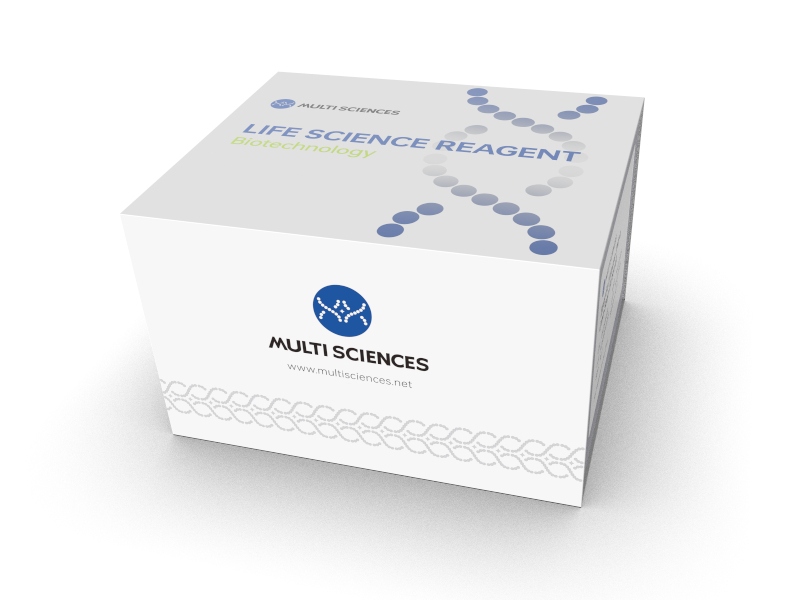
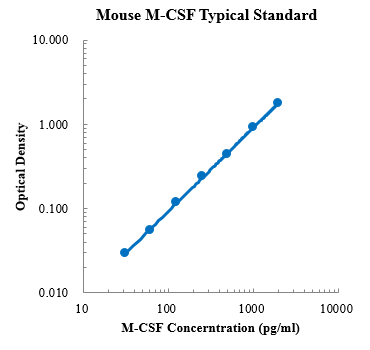
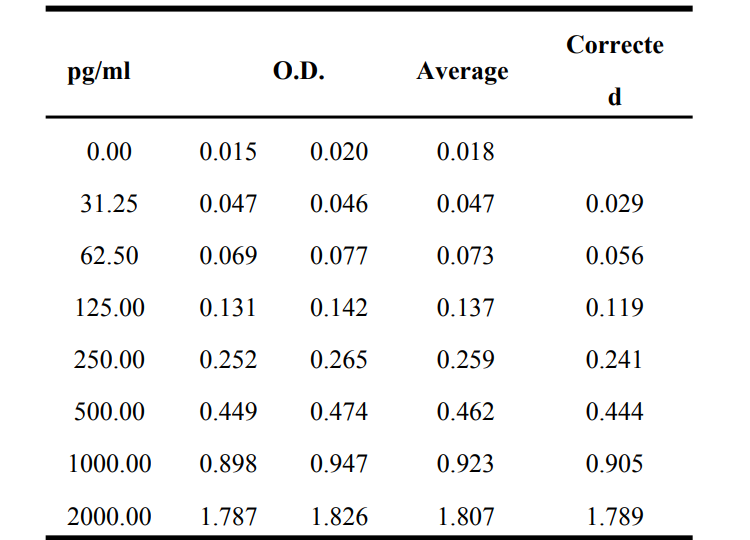


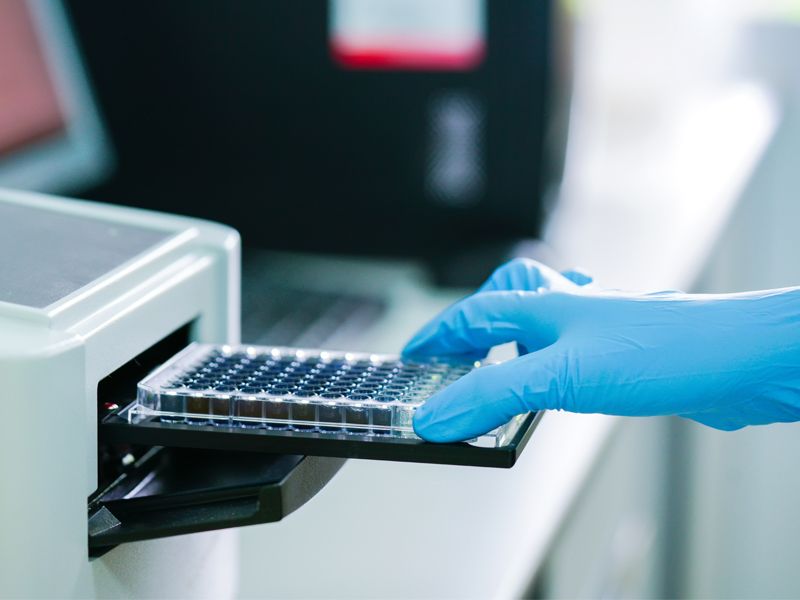
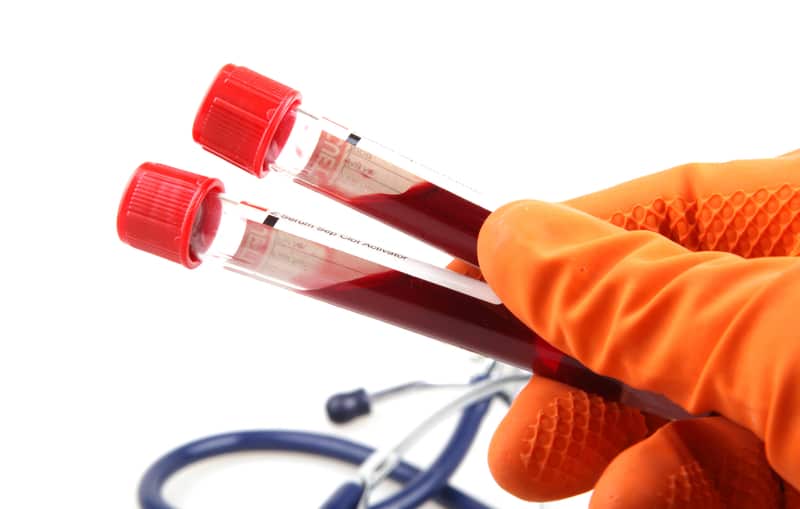
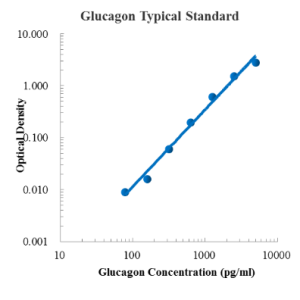
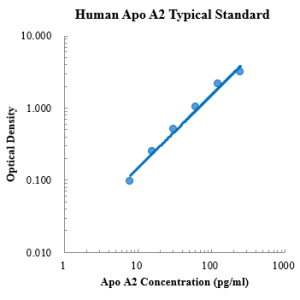
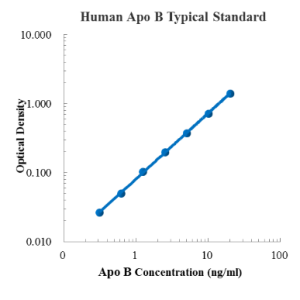
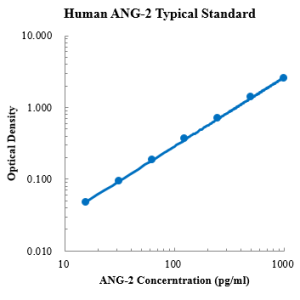
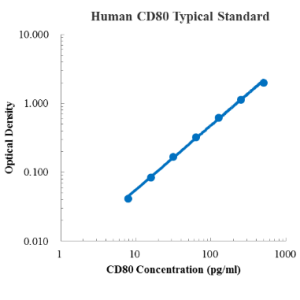
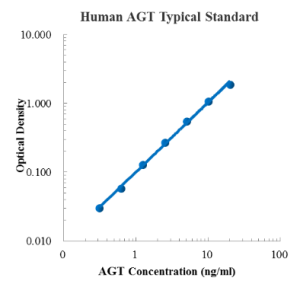
Reviews
There are no reviews yet.